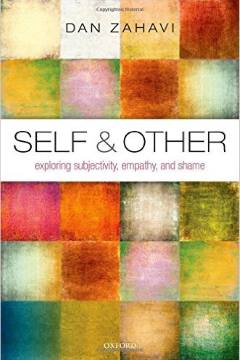Repository | Book | Chapter

(2014) Self and other, Oxford, Oxford University Press.
This chapter starts Part II by pointing to the following challenge: Isn’t the notion of an experiential self overly Cartesian, and doesn’t a strong emphasis on the first-personal character of consciousness prohibit a satisfactory account of intersubjectivity? To really allow for the latter shouldn’t one rather argue for the co-constitution of self and other, or perhaps opt for the view that one only obtains the self-relation constitutive of selfhood by being socialized into a publicly shared space of normativity? The merit of this objection is considered, and the origin of the very notion of ‘intersubjectivity’ is briefly outlined. It is then proposed, and this is pursued in the remainder of Part II, that the notion of an experiential self, rather than preventing a satisfactory solution to the problem of other minds, is in fact a precondition for a reasonable account of intersubjectivity.
Publication details
DOI: 10.1093/acprof:oso/9780199590681.003.0008
Full citation:
Zahavi, D. (2014). Subjectivity and intersubjectivity, in Self and other, Oxford, Oxford University Press, pp. 95-98.
This document is unfortunately not available for download at the moment.



